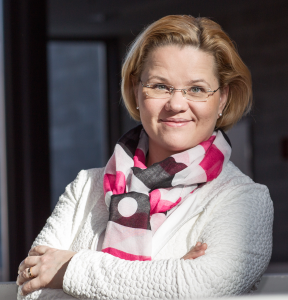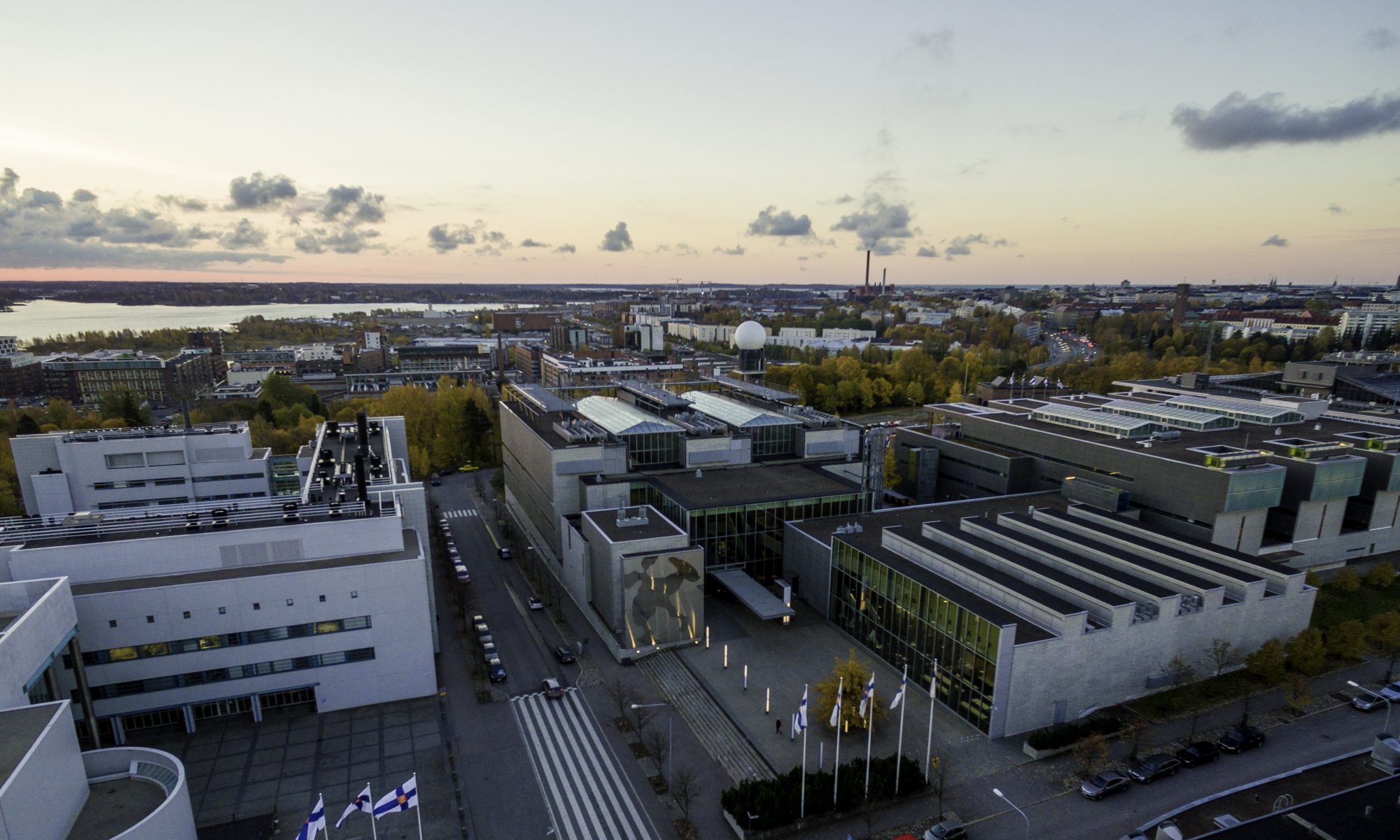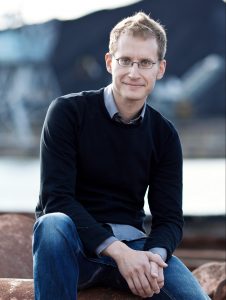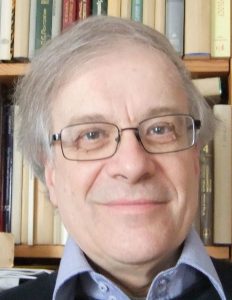
Our third colloquium of 2018 will take place on 16th March. Giving an inaugural lecture to the Department will be Minna Palmroth, Professor of Computational Space Physics and Director of the new Finnish Centre of Excellence in Research of Sustainable Space.
Her talk, titled Space is the new black!, will discuss exactly those topics that will be the focus of the new Centre of Excellence, including the societal and economic impact of space physics research.
Here is her abstract:
We are entering an age, where increasing numbers of players reach towards space. In addition to the old players – countries and space agencies, the new kids on the block are commercial companies, which build and launch small satellites to harness the economic potential of space. We are experiencing this global change also in Finland, as two new startup companies are basing their business strategies on satellites. What does this mean in terms of utilisation of space? At least the new satellites will eventually contribute to the more than 5000 tons of debris existing in space already. Once on orbit, those new spacecraft will encounter a dynamic environment, controlled by external drivers and internal processes. This talk reviews the rapid change that space has experienced over the last couple of years, and discuss the consequences and potential scientific benefits of this change.
After the 30 minute talk, there will be a cocktail reception. Welcome!
Update 6.4.2018: You can watch a video of Minna’s talk here:

 Our second colloquium of 2018 will be held on 16th of February. Our speaker will be
Our second colloquium of 2018 will be held on 16th of February. Our speaker will be  On Friday 26th of January 2018, the Physics department will hold the first in a series of exciting, thought-provoking colloquia. These talks are aimed at a wide audience.
On Friday 26th of January 2018, the Physics department will hold the first in a series of exciting, thought-provoking colloquia. These talks are aimed at a wide audience.